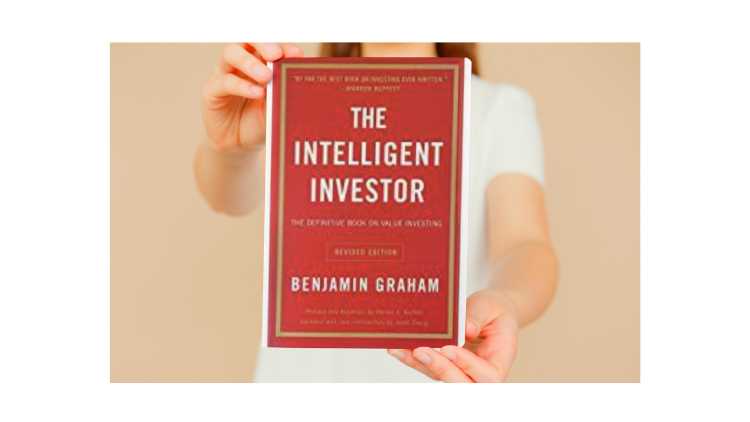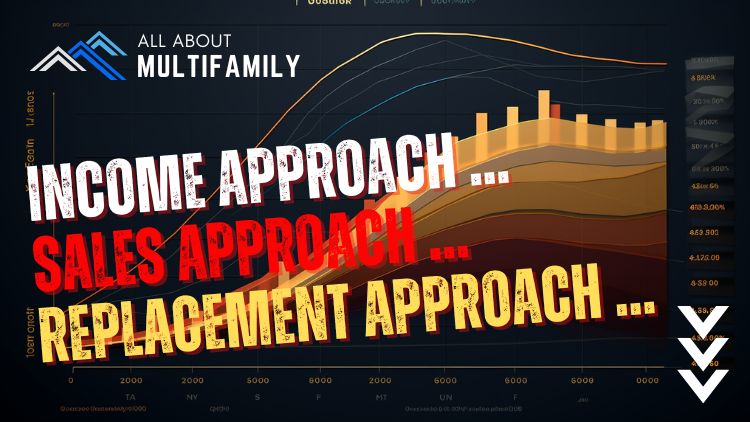“The Intelligent Investor” by Benjamin Graham is a classic book on value investing and has provided valuable insights for investors for decades. Here are some key takeaways from the book:
- Investor vs. Speculator: Graham emphasizes the distinction between an investor and a speculator. An investor approaches the market with a long-term perspective, focusing on the underlying value of the company. A speculator, on the other hand, seeks quick profits from short-term price fluctuations.
- Margin of Safety: Graham’s concept of a margin of safety is crucial. Investors should buy stocks when their market price is significantly below their intrinsic value, creating a buffer against potential losses and market fluctuations.
- Mr. Market Analogy: Graham introduces the idea of Mr. Market, an emotional and erratic business partner who offers to buy or sell stocks at varying prices every day. The intelligent investor should not be swayed by Mr. Market’s mood swings but should make decisions based on sound analysis.
- Diversification: Diversifying investments across different industries and asset classes helps reduce risk. However, Graham suggests that over-diversification can dilute potential returns, so a balance is necessary.
- Intrinsic Value: Graham emphasizes the importance of calculating a stock’s intrinsic value based on fundamentals such as earnings, dividends, and growth potential. Buying at a price significantly lower than this intrinsic value is a prudent strategy.
- Market Fluctuations: Rather than fearing market fluctuations, investors should welcome them as opportunities. Graham advises against trying to time the market and encourages a disciplined approach to buying during market downturns.
- Long-Term Perspective: Successful investing requires patience and a long-term perspective. Graham recommends holding onto well-researched investments through market ups and downs, allowing them to realize their full value over time.
- Active vs. Passive Investing: Graham’s philosophy aligns more with passive investing, where investors focus on buying and holding a diversified portfolio rather than trying to actively beat the market through frequent trading.
- Behavioral Factors: Graham acknowledges that emotions play a significant role in investing. Overcoming psychological biases, like greed and fear, is crucial for making rational investment decisions.
- Importance of Research: Intelligent investors should conduct thorough research before making investment decisions. This includes analyzing financial statements, understanding a company’s competitive position, and considering its growth prospects.
“The Intelligent Investor” remains relevant because it provides timeless principles that guide investors in making wise decisions and avoiding common pitfalls. Graham’s emphasis on rationality, discipline, and a focus on intrinsic value continues to be valuable to investors seeking to build wealth over the long term.














































![An In-Depth Look at Jake and Gino's Coaching Program [A Review]](https://allaboutmultifamilyinvesting.com/wp-content/uploads/2023/10/AAM-BMP-Blog-Covers-750-×-422px-6.jpg)


![Email Marketing Tips for Multifamily Real Estate Syndicators to Raise Capital [Templates included]](https://allaboutmultifamilyinvesting.com/wp-content/uploads/2023/09/AAM-BMP-Blog-Covers-750-×-422px-4.jpg)






![The Richest Kids In America [Book Review]](https://allaboutmultifamilyinvesting.com/wp-content/uploads/2023/09/AAM-BMP-Blog-Covers-750-×-422px-84.jpg)
















